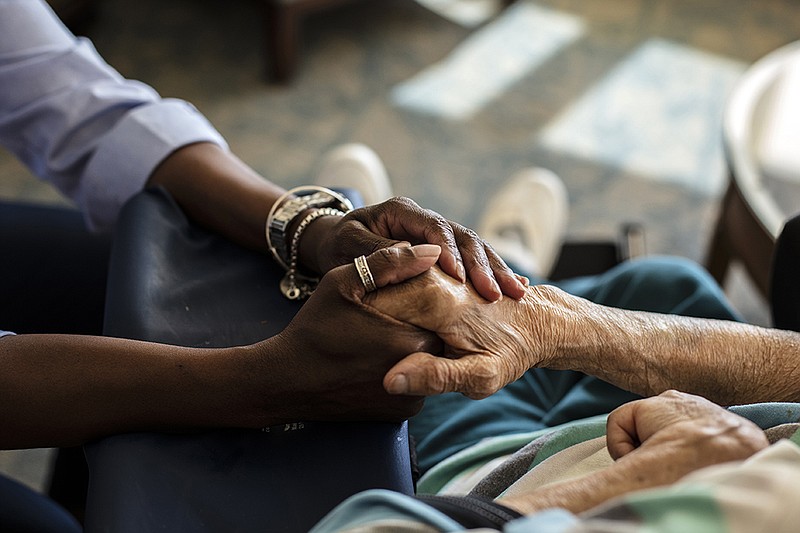The Arkansas Rural Health Partnership has facilitated a new transitional care program expected to benefit residents across the South Arkansas Delta Region, according to a news release.
"Transitional Care is for patients who are well enough to leave a traditional hospital setting but still have nursing, therapy, or respiratory needs that are better met with resources most commonly found in a hospital," said Ashley Anthony, project director for the Arkansas Rural Health Partnership.
Participating hospitals are Ashley County Medical Center at Crossett, Bradley County Medical Center at Warren, Chicot Memorial Medical Center at Lake Village, Delta Memorial Hospital at Dumas, DeWitt Hospital and Nursing Home at DeWitt, and McGehee Hospital at McGehee.
Those six rural Arkansas critical access hospitals partnered with Allevant Solutions, a joint venture of Mayo Clinic and Select Medical, to develop their transitional care programs.
The project is funded by a three-year grant from the Health Resources and Services Administration Federal Office of Rural Health Policy Rural Health Care Coordination Program.
A number of larger, urban hospitals, such as Jefferson Regional Medical Center and University of Arkansas for Medical Sciences are collaborating in the three-year effort as well because it can be challenging to find recovery options for rural patients who receive care in larger specialty hospitals, according to the release.
Examples of transitional care needs include complex nursing care coordination and assessment, frequent intravenous medications, wound care, special breathing treatments or intensive rehabilitative therapies, according to Anthony.
"The new program is very exciting for patients in rural Arkansas because it means access to high-quality recovery doesn't involve a long road trip, but is instead close to home," Anthony said.
The critical access hospital transitional care teams have been implementing new processes and participating in additional clinical education. Most patients receiving this care will be covered by the Medicare Swing Bed reimbursement program, though other insurers may also participate.
"When patients from rural communities who were admitted for specialty care in larger cities need additional time to recover in a supportive facility, only about half of those patients go back to their rural community for that care," said Mellie Bridewell, chief executive officer of Arkansas Rural Health Partnership.
"The other half generally recover farther from home, either in a nursing home program or they stay longer in the large urban hospital, adding the burdens of distance and travel for their loved ones. The participating rural hospitals have the staff, the facilities, and the commitment to deliver exceptional Transitional Care," Bridewell said.
Details: ARRuralhealth.org or (870) 632-7299.
